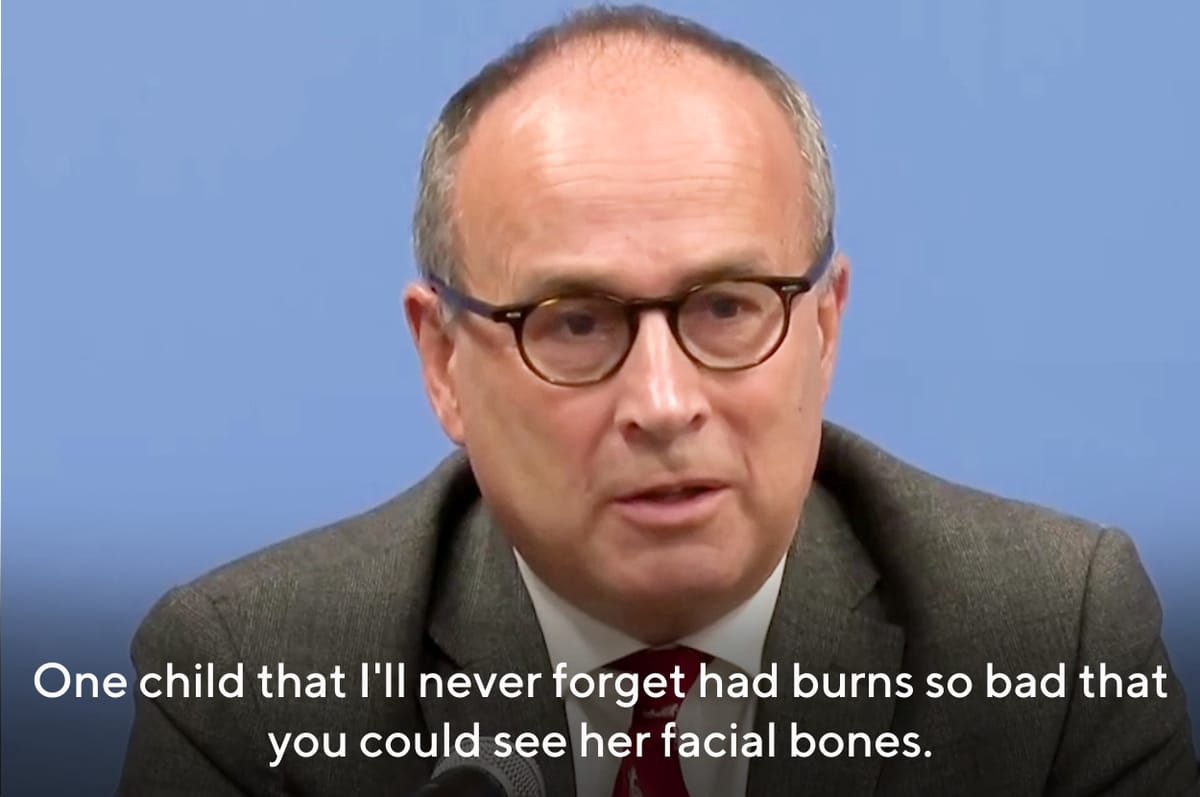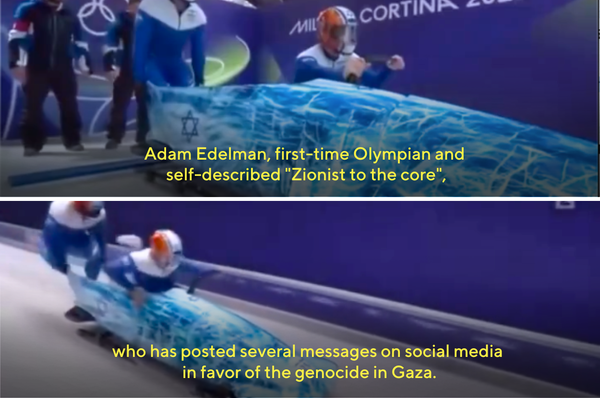Doctors Who Worked In Gaza Told The UN About The Horrors And Suffering They Saw Due To Israel’s War
Oxford-based surgeon Professor Nick Maynard said he still wakes up at night because of what he witnessed at the Al Aqsa hospital in Gaza over two weeks.

A panel of doctors with firsthand experience have told the UN about the “appalling atrocities” in Gaza and the challenges that medics are facing while attempting to save lives in a healthcare system that has practically collapsed.
The four doctors from the US, UK and France had spent months in Gaza to strengthen its healthcare infrastructure, which has been decimated since Israel declared war on Hamas on Oct. 7.
Speaking at the United Nations headquarters in New York on Monday, March 18, Oxford-based surgeon Professor Nick Maynard said that despite several visits to Gaza over the past 15 years, he was totally unprepared for the devastation he faced during his latest visit in late December.
“I saw the most appalling atrocities. Things that I never would have expected to have seen in any healthcare setting,” he said, adding that he still wakes up at night because of what he witnessed at the Al Aqsa hospital in Gaza.
He shared an account of a girl in his care who had such severe burns that her facial bones were visible.
“We knew there was no chance of her surviving that but there was no morphine to give her,” said Maynard. “So not only was she inevitably going to die, but she would die in agony.”
“And what made it even worse was that there was nowhere for her to go, so she was just left on the floor of the emergency department to die,” he added.
Maynard said that doctors did not have essential medical supplies such as surgical gloves, surgical drapes, morphine or antibiotics and were forced to wash previous gloves.
“So really limited resources. Knowing that actually a lot of those resources were probably in depots somewhere or maybe in lorries queuing up outside Rafah, but could not be distributed,” he said.
He also told the reporters that, based on every definition he had read, there was no doubt in his opinion that the situation in Gaza constitutes genocide and called for an urgent need for a ceasefire to prevent the ongoing “humanitarian catastrophe”.
Zaher Sahloul, a critical care specialist and the president of humanitarian group MedGlobal, recounted the story of a seven-year-old child, Hiyam Abu Khdeir, who was admitted to the Gaza European Hospital with third-degree burns that covered 40 percent of her body afteran Israeli airstrike on her residence killed her father and brother and left her mother injured.
After weeks of delay, the seven-year-old was taken to Egypt for treatment,, but died just two days later because it was too late, Sahloul said.
“Gaza is reaching a tipping point where the shortage of food, water, fuel, medicine and medical supplies and also the collapse of the healthcare system is causing accelerated death among people who are innocent,” he said.
A Palestinian-American emergency medicine specialist, Dr. Thaer Ahmad, showed a small sedative bottle, pointing out that it could be used to help patients during fracture resets or burn cleaning treatments.
“It’s an incredibly painful process,” said Dr. Ahmad, who was working in Nasser hospital in January for two weeks, “and this is something that can help – something this small – but we’re not able to get into the Gaza Strip because the trucks are stalled”.
Dr. Amber Alayyan of Médecins Sans Frontières (MSF) told reporters that medics were confronted with “horrific decisions” when they had to intubate and perform amputations on both children and adults without anesthesia.
“You could put up a thousand field hospitals and they wouldn’t be, they wouldn’t address any, they wouldn’t address a 10th of the needs in Gaza today,” she said. “If there’s anything to add to Gaza Strip, it would be post-operative beds, lots and lots and lots of beds, thousands, tens of thousands of beds just to be able to house all the people with surgical needs and nonsurgical needs. Because while the hospitals themselves can function, you have to have a place to put patients while they’re recovering.”
The doctors also warned that Israel’s planned invasion of Rafah, where over 1.5 million Palestinians are trapped with nowhere to go, would be nothing short of an apocalypse.
More than 31,000 people, including nearly 25,000 women and children, have been killed due to Israel’s relentless bombardment and ground offensive in Gaza since Oct. 7.




